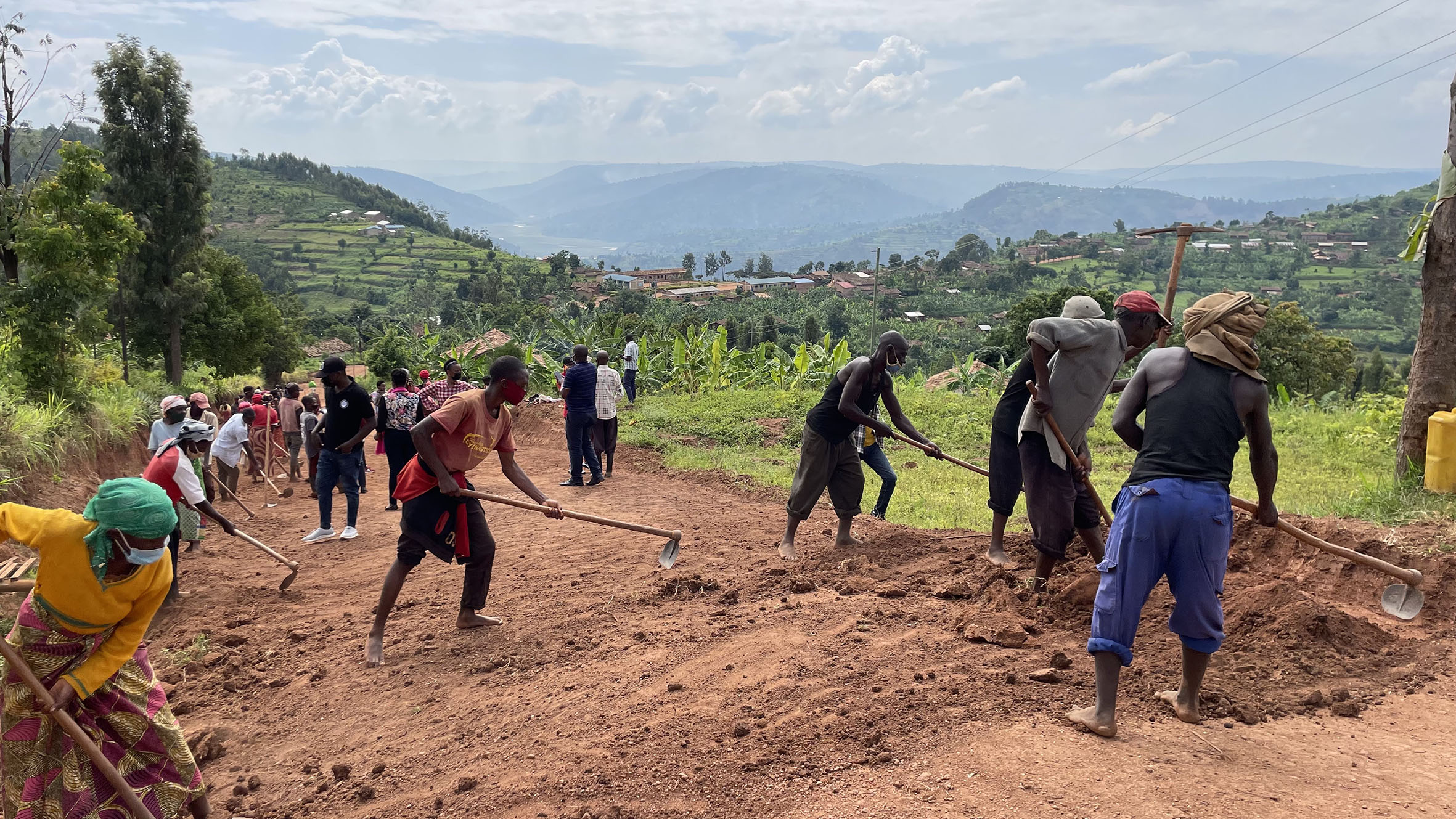

The Local Administrative Entities Development Agency (LODA) has announced plans to write off loans amounting to Rwf4.8 billion which had been given to beneficiaries under VUP financial services, The New Times has learnt.
In 2008, the Government initiated Vision 2020 Umurenge Programme (VUP) programme to lift people from extreme poverty and change their livelihoods through different initiatives geared at economic transformation.
One of the programme’s products is a microcredit scheme – a VUP financial service- where small loans at low interest rates are extended to individuals or groups of low-income earners.
Loans provided under VUP financial services are normally paid within a period of two years after undertaking income generating activities.
However, the Auditor General report that was presented to parliament last month indicated that there were persistent delays in recovering loans under VUP financial services.
The report shows that by the time the previous audit was concluded on June 30, 2020, Rwf5.7 billion was outstanding in the 1st loan scheme that was developed and provided up to 2015.
However, as of today, only 10 percent or just Rwf601 million has been recovered leaving an outstanding balance of Rwf5.1 billion.
Auditor General Alex Kamuhire. said that the probability of recovery is near zero, since some have been outstanding for a period up to 12 years.
Speaking to The New Times on Tuesday June 7, Claudine Marie-Solange Nyinawagaga, the Director-General of LODA said that after facing different challenges in recovery, they now plan to write off loans worth Rwf4.8 billion.
"For the first loan scheme, we are currently proceeding with writing off loans that cannot be recovered; i.e.: loans whose beneficiaries fall into extreme poverty, beneficiaries who died with no next of keen to pay and those whose defaulters have been punished.
Out of the total Rwf5,193,853,948, loans that are unrecovered, Rwf4,851,676,773 are expected to be written-off,” she said.
According to Nyinawagaga, this decision was reached after thorough assessment after which it was established that there was no other way the money would be recovered.
The challenges, she said, include some projects that were not well designed, leading to poor performance and losses, poor management of small businesses due to lack of experience, death of some beneficiaries, leaving no one behind to reimburse the loans and natural disasters that resulted into extreme poverty for some beneficiaries, leading to incapacity to reimburse.
She said other challenges in the 1st loan scheme include some staff who mismanaged some VUP loans.
"Those staff were held accountable and punishments were taken against them including administrative and penal punishments,” Nyinawagaga said.
Meanwhile, according to the auditor general, out of loans totaling Rwf4.8 billion, under the 3rd loan scheme, that had reached their maturity dates, only Rwf3 billion representing 63 percent had been recovered from beneficiaries.
This left outstanding loans of Rwf1.7 billion representing 37 percent of disbursed loans.
"Low rate of recovery of loans increases the risk for doubtful debts. Consequently, the intended objectives of reducing extreme poverty through offering financial services in a revolving fund may not be achieved,” auditor noted.
Nyinawagaga, told The New Times that low recovery was also caused by different factors adding that measures are being taken to recover the loans.
The first disbursements in the scheme were made in November 2019 as so far Rwf19.9bn loans have been disbursed.
However, she said the covid-19 pandemic had negative consequences on some businesses and beneficiaries have been given more time to reimburse.
"We are working closely with districts and beneficiaries to ensure payments are made progressively,” she said.
"For the third scheme we are confident that all loans will be recovered. In fact, those are new loans and records are well captured and all beneficiaries known, which makes it easy to trace, advise and follow-up,” she noted.
She said improving the project's design and management, the database for the records of loans, training on the financial literacy for VUP beneficiaries as well as close follow-up, in collaboration with Districts are among the measures to boost loan recovery.
"However, we avoid auction as our primary objective is poverty reduction and social protection to the most vulnerable. Therefore, we put emphasis on close follow-up and advice and we remain flexible in case the client requests more time,” she added.
The Auditor General’s report also noted gaps in processes of fund allocation, loan disbursement, service delivery to potential beneficiaries and reporting on program achievements that need to be addressed to secure the sustainability of the program.
Such delays negatively affect the implementation schedule of beneficiaries’ projects, especially those with seasonal projects and this may lead to failure of the projects and difficulty in repayment of loans, auditor general said.


